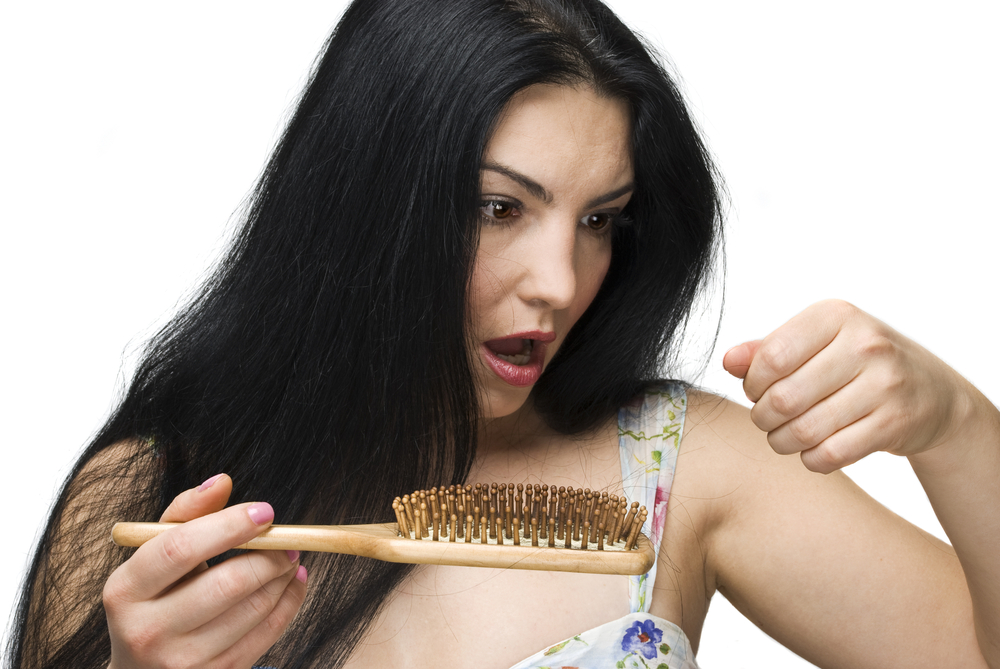There is not a single hair loss reason, researchers believe that getting better sleep can help reduce thinning of hair, receding hairline, or falling out. Sleep disorder effects such as elevated stress levels and weak cellular functioning may ultimately lead to hair loss or thinning of hair as well.
How Sleep Disorder Effects Hair Loss
If you are concerned about hair loss, it is worth to examine the quality of your sleep. Several studies have confirmed that poor sleep can affect your hair health so it could be one of the hair loss reasons. Sleep plays an important role in maintaining overall wellness in your body. Sleep cycle supports brain function as well as keeps the overall body healthy. Sleep assists healthy brain function emotional wellbeing, daily performance, and overall physical health. Research studies suggest that not getting enough sleep or lack of prolonged restful sleep will cause a variety of issues within the body and can even give rise to inherited problems that may take time to appear. Hair loss was found to be one of the sleep disorder effects in research studies. Lack of sleep may impact the process of hair growth and linked ko receding hairlines, hair loss, and thinning of hair.
Male pattern baldness also referred to as androgenetic alopecia is a common problem in men is the main reason behind hair loss in men. As per data, approximately 25% of males who suffer from this hair loss condition begin to lose their precious hair strands before the age of 21. Hair loss also occurs in women of all ages. How to avoid hair loss?The first step towards treating hair loss is by consulting a physician and diagnosing the problem behind it. Specific hair treatments and products will help and stop hair further hair loss. Hair loss solutions such as Finpecia and cover it 2% are proven effective in reducing hair loss. However, many hair loss therapies, pills, and liquid solutions will only help at the surface level. Male pattern baldness depends on the genetics and sex hormone of men, and there is nothing one can do to alter his genetics. Sleep deprivation may affect the levels of hormones in the body. People who don’t get enough sleep or who get limited sleep found to low levels of human growth hormone, the type of hormone progress through regular sleep cycles. Moreover, Lack of sleep or sleep deprivation may contribute to both physical and emotional stress, which can increase the risk of telogen effluvium, a scalp disorder in which a person loses a significant amount of hair. Following a sleep pattern may help to avoid major fluctuations in sleep quality and quantity, thus managing stress and decrease the likelihood of hair loss or other sleep disorder effects.
The connection between stress and the process of hormone
The response to prolonged stress appears as improper body function and this is one of the reasons the hair follicles get affected. When you are in a stressful condition, your body tends to produce hormones, cytokines, neurotransmitters, and cytokines, which influence the growth of hair. According to research studies, stress causes a great impact on hair follicles and the hair growth cycle, and this contributes to thinning of hair and even hair loss. Disruption to sleep cycle can have a great impact on the biological function in the hair follicles where hair develops.
Also Read: Few Amazing Tips to Prevent Hair Loss
The inability to function correctly due to sleep apnea or other sleep disorders reduces overall physical health and wellness. Male pattern baldness or hair loss is one of the major sleep disorder effects that many men experience in their lives.
Conclusion
Sleep plays a crucial role in maintaining the proper functioning of the body. Sleep deprivation may cause thinning of hair or hair loss with the primary mechanism being a build-up of stress. Sleep and stress play a role in hair loss though more research is required to fully understand the role of sleep and stress plays in the growth cycle of hair follicles. There are many ways to address sleep deprivation or sleep disorder effects which include dietary and lifestyle changes, and also consulting a health care professional to determine the cause of poor sleep. There are certain medicines and over the counter products that you can use to improve your sleep quality and quantity. But make sure you sue these products after consulting your health care provider.



